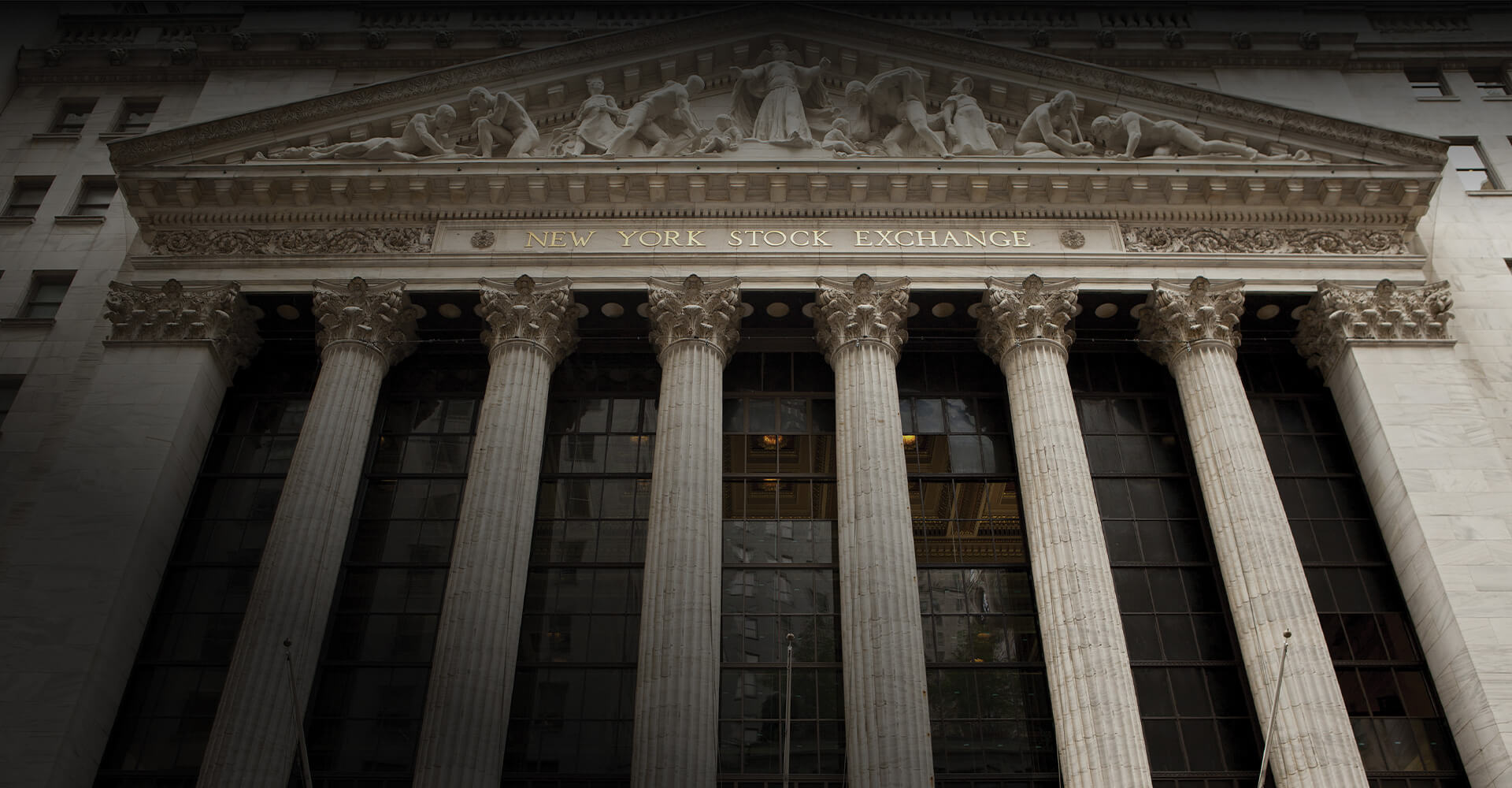Zero-Commission Trading

Zero-Commission Trading: It Might Cost Investors More Than You Think
On commission-free trading platforms like Robinhood, many investors assume they’re saving money by skipping the fees they would normally pay a financial advisor. A recent survey showed that 39% of investors considered financial advisors charging commissions to be a red flag. Ironically, the SEC has alleged that commission-free trades may have cost investors more than trades executed by brokers who charge commissions.
In addition to Robinhood, major brokerages like TD Ameritrade, E* Trade, and Charles Schwab offer zero-commission trades. Outlets often refer to “commission-free trading” as “free” investing, which does not paint the most accurate picture. Trading platforms sell their commission-free orders to high-frequency trading firms called “market makers.” Market makers make a tiny bit of money off each trade they place, which adds up to significant amounts when dealing with large volumes of trades. This system is called “Payment for order flow” (PFOF). Investors may not realize that PFOF can come with hidden costs that hurt their returns.
None other than Bernie Madoff pioneered PFOF, and the practice has drawn scrutiny from regulators as well as industry insiders.
Why Do Market Makers Pay for Trade Orders?
Market makers profit from the “bid-ask spread,” which is the difference between the lowest price the seller can accept and the highest price the buyer will pay. In this case, the market maker buys the trades from the trading platform. Generally, it’s cheaper to place orders for popular shares of large companies like Apple. Less popular shares come with a higher bid-ask percentage. Each bid-ask percentage cuts into the investor’s returns on their investment. The larger the percentage, the more difficult it will be for investors to make a profit.
In 2020, Robinhood received $687 million in rebates from six high-frequency trading firms. That $687 million indicates how profitable payment for order flow is for market markers. President of the non-profit Better Markets Dennis Kelleher criticizes the practice, telling The Wall Street Journal, “Payment for order flow, at the end of the day, is legalized bribery that appears to incentivize brokers to violate rules.”
As Better Markets points out, the market maker has an incentive to make sure they have as large of a volume of trades as possible. They do not have a financial incentive to ensure that investors get the best price for their trades.
How Payment for Order Flow Led to a $65 Million SEC Settlement
Regulators require that brokers and registered investment advisers execute trades at the best price possible. In December 2020, the SEC alleged that Robinhood did not do enough to ensure its investor’s trades were executed at prices comparable to what they would find at competitor broker-dealers. Allegedly, investors lost $34 million on their trades. The SEC order states: “From September 2016 through June 2019… Robinhood violated its duty of best execution by failing to conduct adequate, regular, and rigorous reviews.”
Robinhood settled with the SEC in December 2020 for $65 million following the SEC allegations that they had failed in many instances to find the best prices for their investors.
Did Investors Know How Payment for Order Flow Worked?
Robinhood’s marketing material may not have given investors sufficient information about how payment for order flow worked. The SEC alleges that from 2015 to 2018 Robinhood “did not identify payment for order flow” as one of the company’s revenue sources.
From the SEC order: “Training documents allegedly provided to customer service representatives in early 2018 explicitly instructed them to ‘avoid’ talking about payment for order flow.” Further, they “stated that it was ‘incorrect’ to identify payment for order flow in response to questions about how Robinhood makes money.” Robinhood does have smaller revenue streams from paid memberships and interest on cash and securities in Robinhood accounts, but the fact that they want to avoid mentioning PFOF should be a red flag to investors.
What Should Investors Do?
Savvy investors should ask zero-commission traders: How do you make money? If the answer is payment for order flow, they should also ask about the bid-ask spread percentage.
If investors decide to work with a traditional financial advisor, they should feel comfortable asking questions about commissions and fees. Investors should also work with financial advisors who provide clear and honest information about the commissions and fees.


